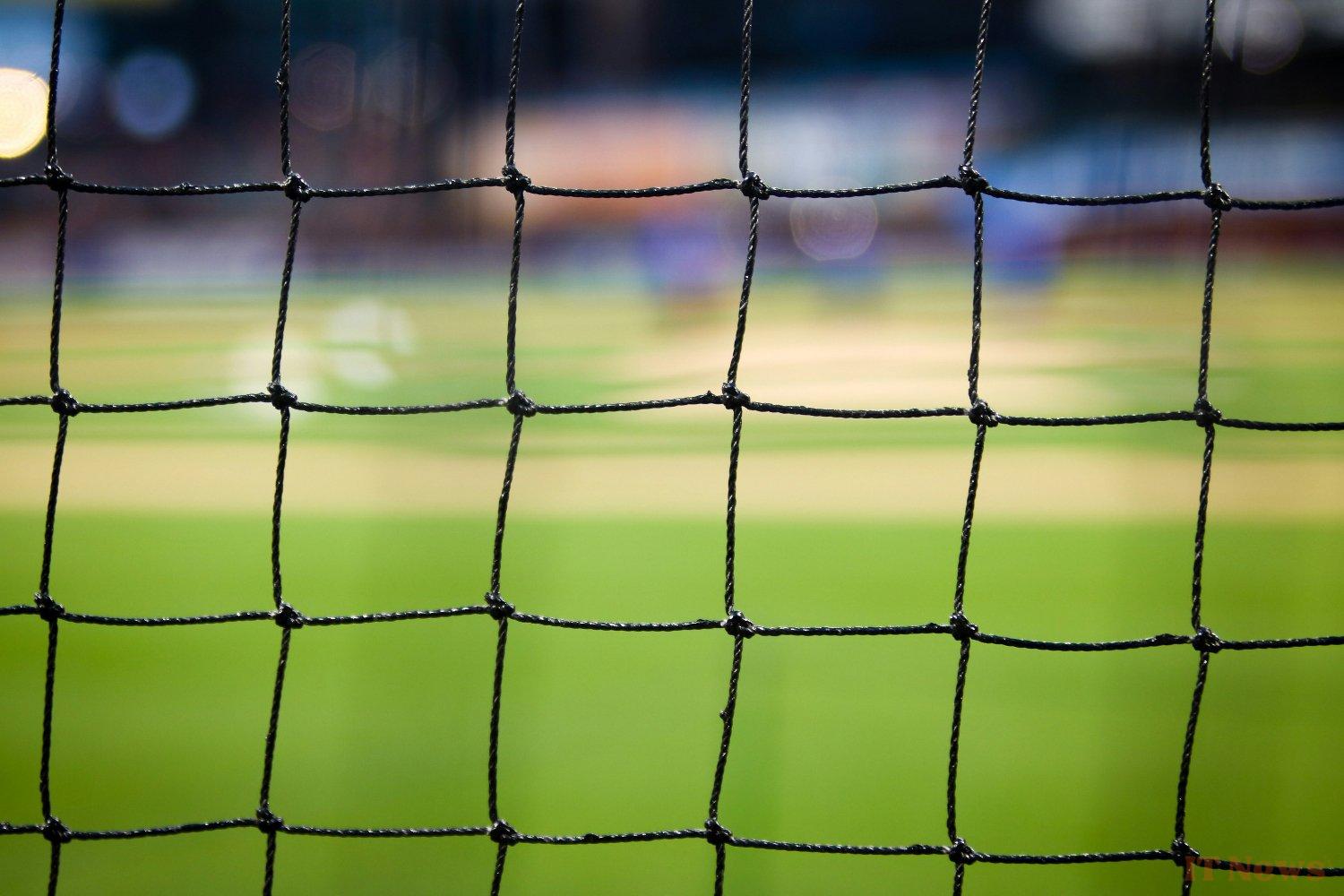Watching football is a consuming passion... and increasingly expensive, whether at the stadium or on television. This rising cost of subscriptions has favored the rise of pirate methods for watching matches illegally in recent years. Among these techniques, IPTV lists have become the preferred solution for the majority of users.
Social networks, the El Dorado of piracy
IPTVs are not illegal per se, but most people who use them to watch football opt for illegal versions that are also much more economical. This season, Spain's La Liga and the telecom operators holding the broadcasting rights to the competition are stepping up their efforts to shut down these pirate services. The hunt for illegal IPTV has intensified considerably in recent months, both in Spain and in France.
This offensive has not been limited to blocking and removing channels and links that irregularly broadcast football matches. Due to the method adopted by LaLiga and its operators, many legitimate websites, most of which have no connection to sport, are being indiscriminately blocked every week in this hunt for piracy.
Despite everything, more and more IPTVs broadcasting football illegally are gradually being removed. This situation is pushing pirates to look for new alternatives. In recent weeks, a new development has emerged that complicates the task of broadcasters and organizers of Spanish football to continue their blocking due to the spontaneous nature of the service and the immunity enjoyed by users.
This phenomenon is a trend change that is gradually being felt: it is becoming increasingly common to find live broadcasts via social networks like Instagram or TikTok, where users record their television to retransmit the content via their personal account. Simple!
This new piracy trend is enjoying great success because it avoids tracking. The nature of live broadcasts on these platforms makes it difficult for rights holders to detect and immediately remove them. Furthermore, those broadcasting can use VPNs and anonymous accounts to mask their identity and location.
This technique has become a real headache for rights holders. This further complicates the detection of broadcasts, especially since the blocking would have to be carried out by the applications concerned and could not be carried out freely by LaLiga, since it is a live broadcast on a private platform and not a public link on the internet.



0 Comments